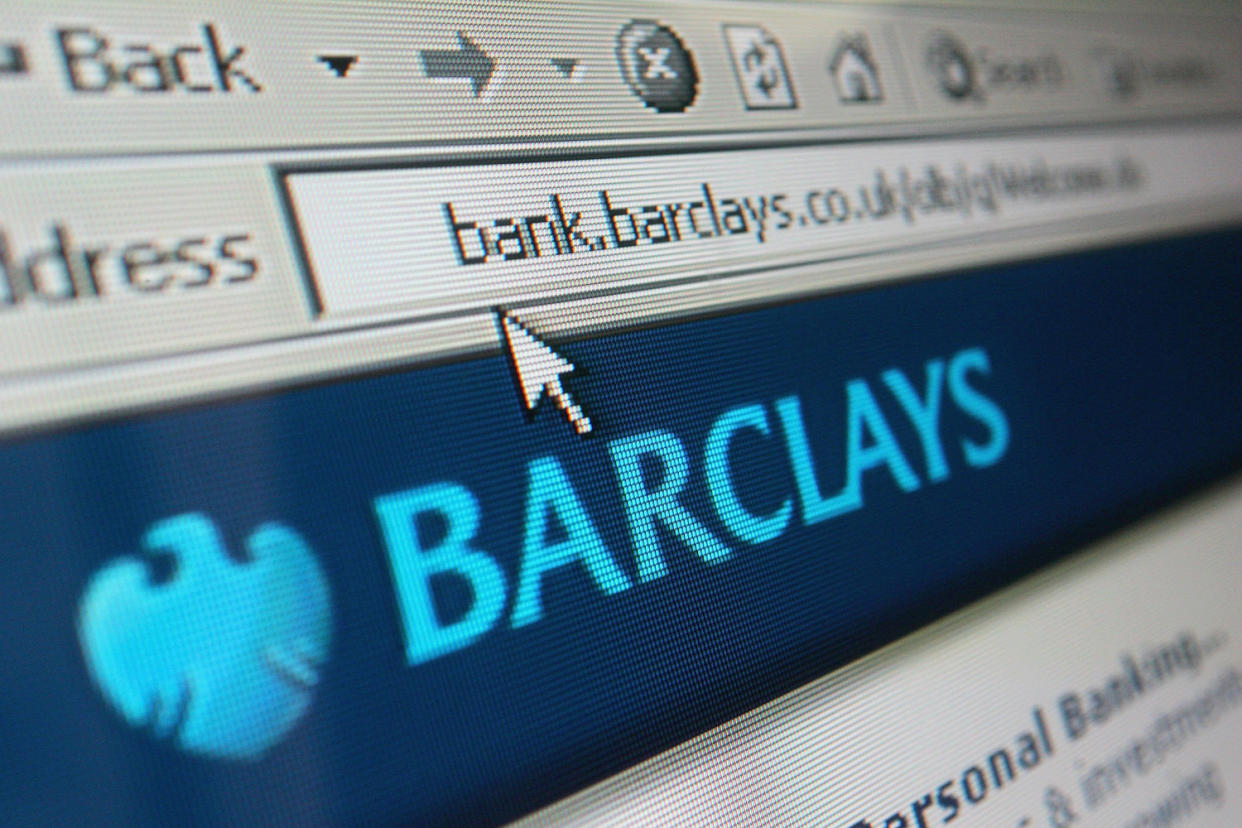Jim Armitage: A breath of fresh air but Jes Staley should pick fights wisely

Barclays figures today are, like Lloyds’ yesterday, a breath of fresh air after a fetid decade of scandal and financial pain.
Jes Staley and chairman John McFarlane have stabilised the bank, readied it for the new, ring-fenced world and made it a real contender on Wall Street thanks to a revived investment banking arm.
How much it has contracted is stark: at its Bob Diamond, alpha-male peak in 2008, Barclays had £2.1 trillion of assets and was lending 56 times what it held in shareholders’ funds. Today, those powderkeg figures stand at £1.2 trillion and 21 times.
McFarlane is now even talking about a rise in the dividend being in sight.
His turnaround work is almost done, and he can happily retire by next year’s AGM. Also still on the horizon, though, are huge potential fines and sanctions over Barclays’ behaviour in the past. The Serious Fraud Office is weeks away from deciding whether to charge the bank over the way it raised funds in Qatar during the financial crisis. That is out of Barclays’ control.
Another issue isn’t: the multi-billion-dollar fine it is unwisely fighting in the US over its sales of rubbish mortgage securities (my word “rubbish” is mild — Barclays’ own bankers called them “craptacular” and “sh*t”). Other banks selling this junk settled long ago but Barclays prefers to fight it out. It shouldn’t.
Staley regularly talks of how Barclays is Britain’s sole champion on an investment-banking stage dominated by Wall Street giants.
The quicker it sheds its scandals, the quicker we can be proud of it.
Middlemen’s mint
Doubtless many of the 116 London Barclays bankers who’ve just taken home £1 million or more ply their trade flogging bonds.
After years in the doldrums, fixed-income has been booming since the US elections.
Barclays’ finance director Tushar Mozaria, himself no slouch in the pay stakes, says morale has never been so high in its investment bank. That’s not surprising. When times were last this good, Diamond Bob used to keep an outsized slug of the bonus pool for himself, causing resentment all round.
But while we obsess about bankers’ bonuses returning, another species of London trader quietly coins it year in, year out. They are the commodities traders of Vitol, Glencore and BP.
Today, Glencore’s middlemen have reported the biggest profit since the company floated in 2011. And that despite the continued weak oil price. Profit from its trading arm leaped 10% to $3 billion (£2.4 billion).
For a go-between business that puts practically no capital at risk, you have to wonder how such vast profits can be justified.

 Yahoo News
Yahoo News 
